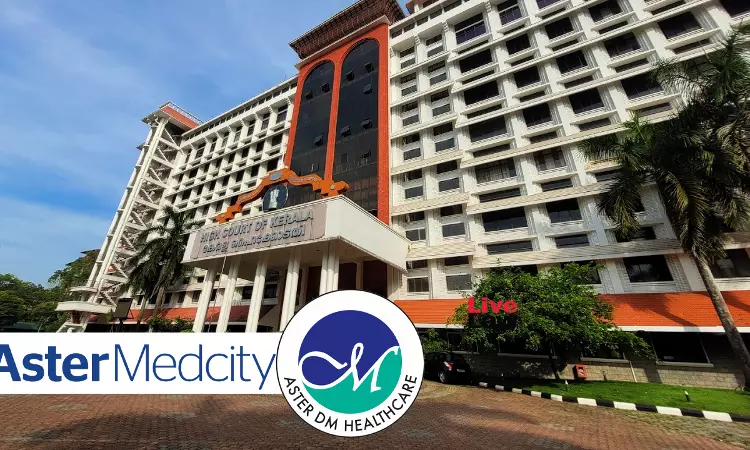The Kerala High Court on Tuesday quashed the criminal proceedings against Aster Medcity and nine doctors who had been accused of violating the provisions of the Transplantation of Human Organs and Tissues Act, 1994.Justice Ziyad Rahman A.A. passed the order. Factual BackgroundThe case arose from a complaint filed by Dr. S. Ganapathy against Aster and the accused doctors alleging that...

